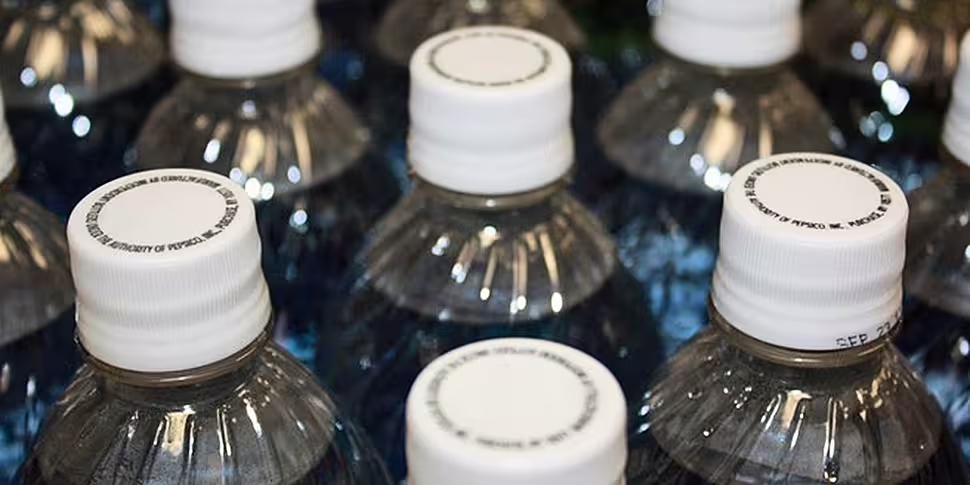The history of the humble billiard ball is intertwined with the discovery of plastic, strangely enough. Once made from expensive ivory, as the game became more popular there became an increasing need to find a cheaper way to produce the equipment that it depended on.
A mere eight balls could be made from a single tusk, so New York based company Phelan and Collender offered a cash reward to anyone who could come up with a suitable alternative. This eventually lead to the creation of celluloid, the first industrial plastic product.
Now we produce 300 million tonnes of the stuff annually, and it comes with its own environmental concerns, but two young students are hoping to change all that.
Miranda Wang and Jenny Yao identified a new bacteria that can break down elements of flexible plastics that are linked to health risks and turn them into fish food. The two teens, now based in Cork, spoke to Jonathan McCrea on Futureproof today about their work to date, as well as the health risks associated with plastic.
You can listen to the full interview below:









